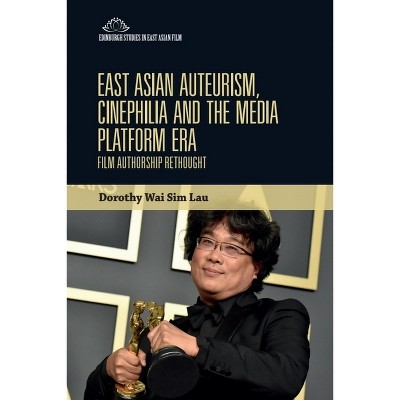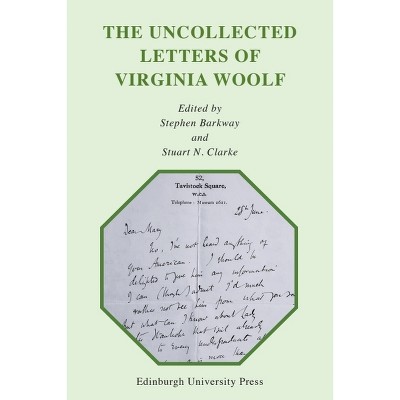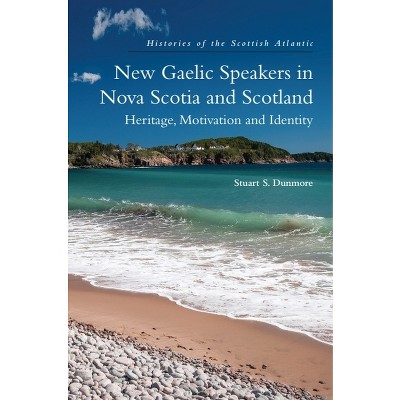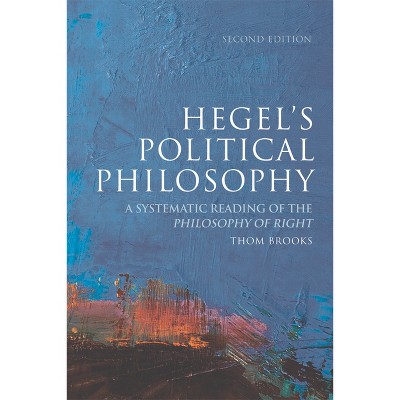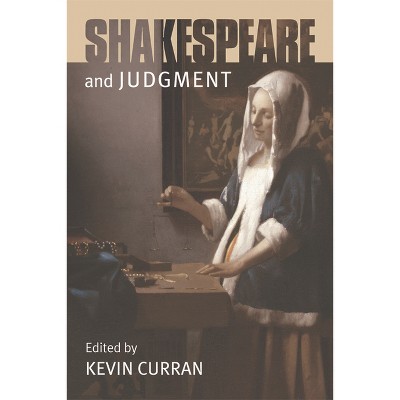About this item
Highlights
- Dogmatism, prejudice and bigotry are becoming ever more evident on the contemporary political scene and dissent is one of their main targets.
- About the Author: Stuart Sim is retired Professor of Critical Theory at Northumbria University.
- 216 Pages
- Philosophy, Political
Description
About the Book
Proposes a defence of the role of dissent in political life
Book Synopsis
Dogmatism, prejudice and bigotry are becoming ever more evident on the contemporary political scene and dissent is one of their main targets. The Politics of Dissent explores the negative impact this shift is having on public life, with radically-oriented governments striving to close down dissenting voices in both their political opponents and the mainstream media. It defends dissent as a critical element in the democratic process which ought to be encouraged instead of allowing ourselves to fall into an state of despair, as is increasingly occurring on the political left in the face of the dramatic rise of right-wing populism. The concept is explored in a wide sense to identify how it works in philosophy, religion, science and the arts as well as in politics.
From the Back Cover
A rallying cry to defend democracy from the evils of authoritarianism, prejudice, bigotry and apathy Dogmatism, prejudice and bigotry are becoming ever more evident in Western politics. Divisive governments looking to cement their power strive to close down anyone who disagrees with them: political opponents, members of their own parties, the mainstream media, educators, protesters and, ultimately, voters. A Call to Dissent defends dissent as an essential part of democracy. Stuart Sim argues that the political left are falling into despair in the face of growing right-wing populism and extremism, rather than challenging and standing up to it. Taking a wide view, he identifies how dissent works in philosophy, religion, science and the arts as well as in politics. Ultimately, he calls on all of us to become dissenters ourselves in order to challenge authority and counter the growth of prejudice and bigotry in public life. Stuart Sim is widely published in the fields of critical theory, literary studies and philosophy and is a Fellow of the English Association. He is the author of Fundamentalist World: The New Dark Age of Dogma (2004), Manifesto for Silence: Confronting the Politics and Culture of Noise (2007) and Insatiable: The Rise and Rise of the Greedocracy (2017).Review Quotes
This is a vital book from a recognised, esteemed authority in the area of philosophy, and political and cultural studies. Not only does it provide an invaluable and acute analysis of our contemporary political situation, but by sounding a warning against a culture of complaisance, it issues an invitation to dissent, which is the animating principle of all democracy.
--Keith Crome, Manchester Metropolitan UniversityThe book is an extended polemic urging an attitude and a practice of dissent in politics, religion, science, aesthetics, and even one's own self-understanding. Sim (critical theory, Northumbria Univ., UK) writes from a general postmodern perspective represented prominently by Derrida and Lyotard, but the book can be read profitably by those with any nondogmatic perspective. Summing Up: Recommended. Undergraduates and general readers.--H. Oberdiek "CHOICE"
About the Author
Stuart Sim is retired Professor of Critical Theory at Northumbria University. He has published widely on critical theory, and is a Fellow of the English Association. Amongst his recent publications are The Lyotard Dictionary (2011), Addicted to Profit: Reclaiming Our Lives from the Free Market (2012), Fifty Key Postmodern Thinkers (2013), and, with Brett Wilson and Barbara Hawkins (eds) Art, Science & Cultural Understanding (2014).







